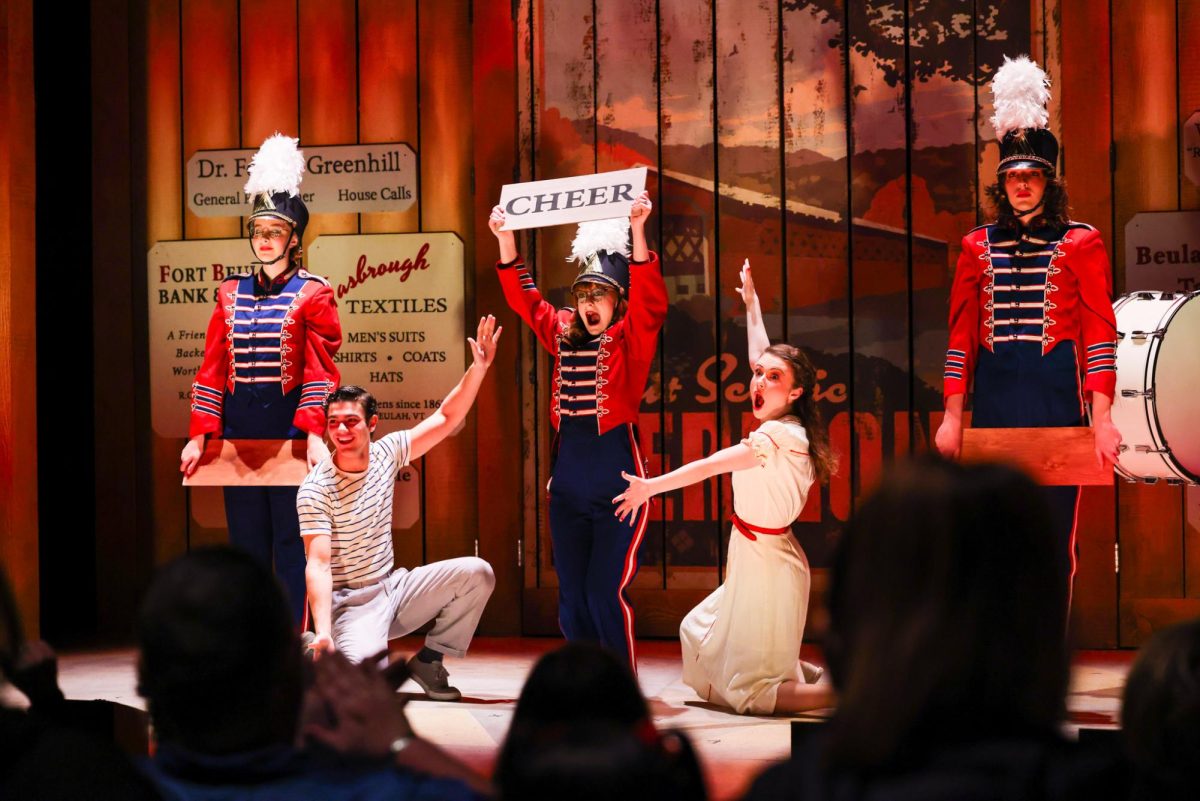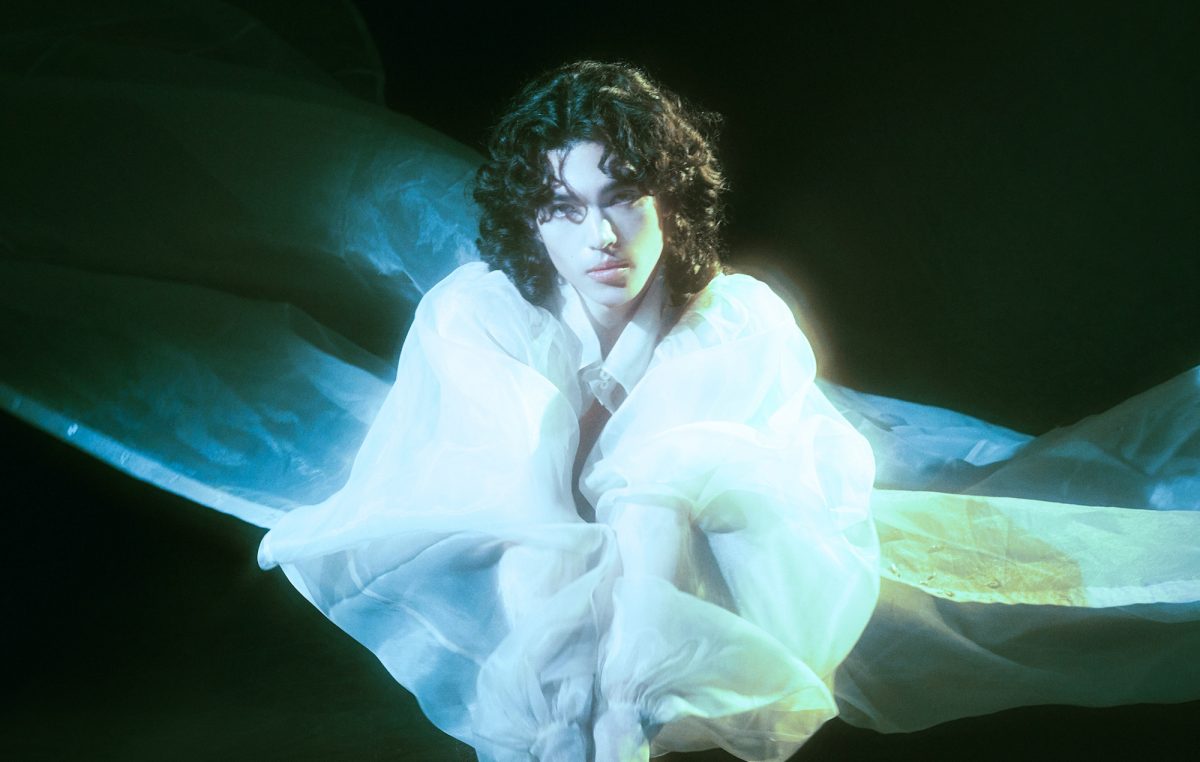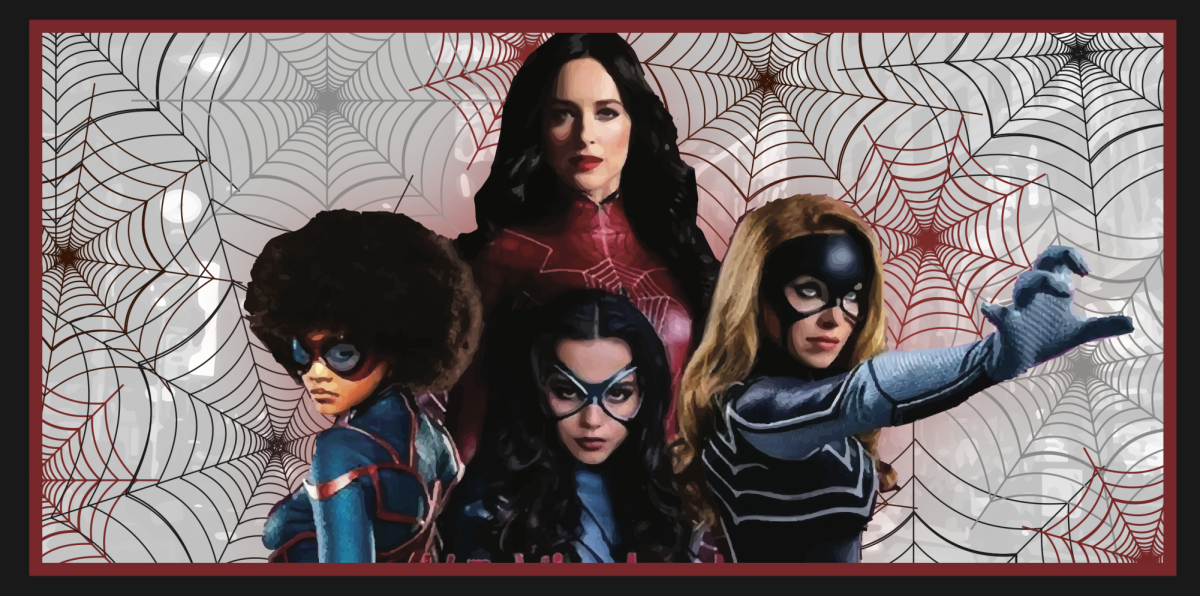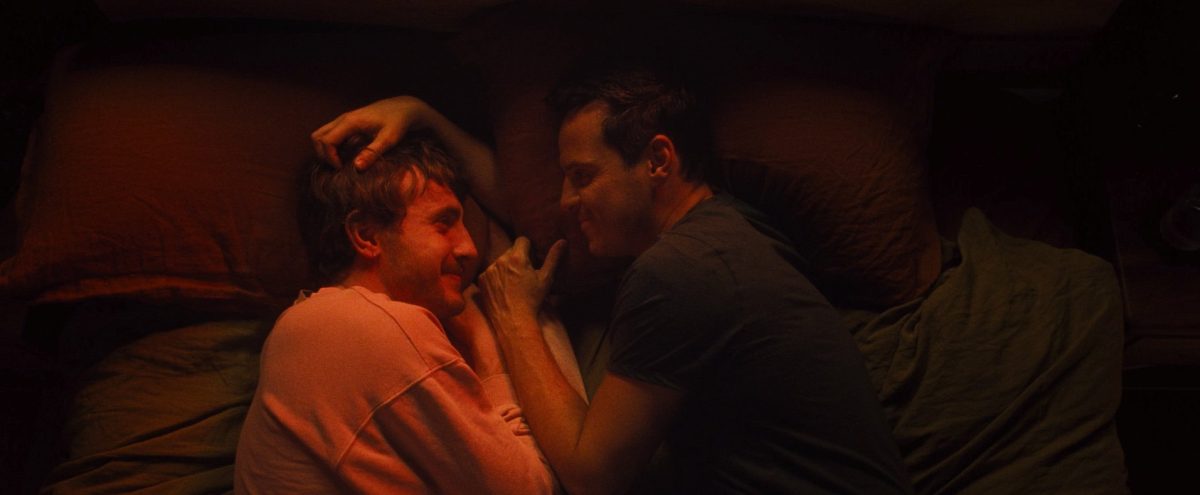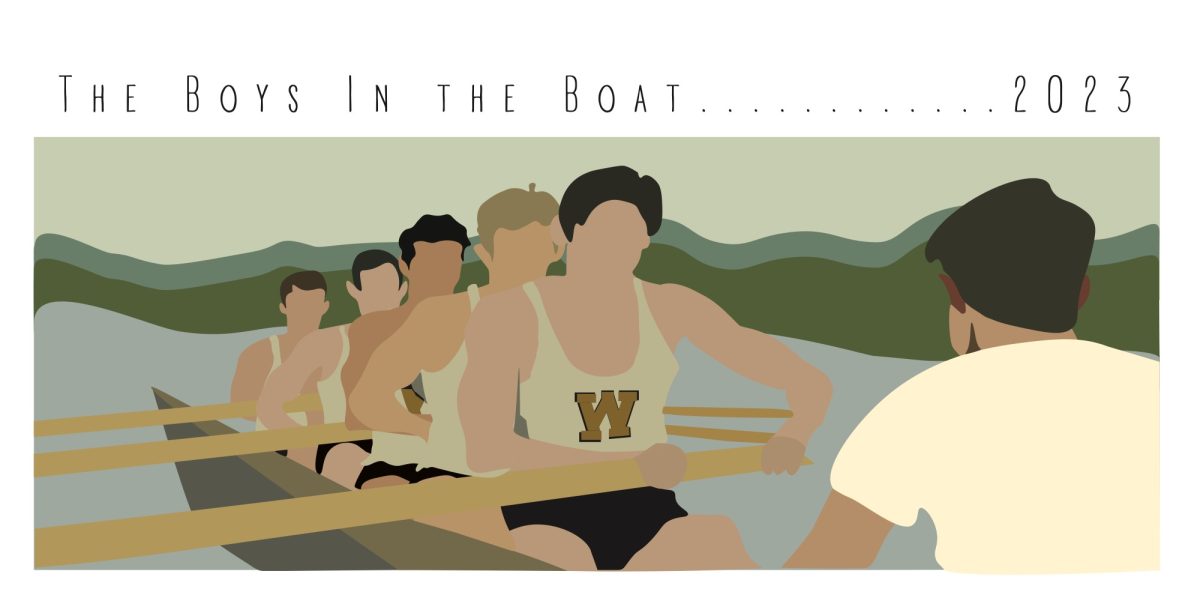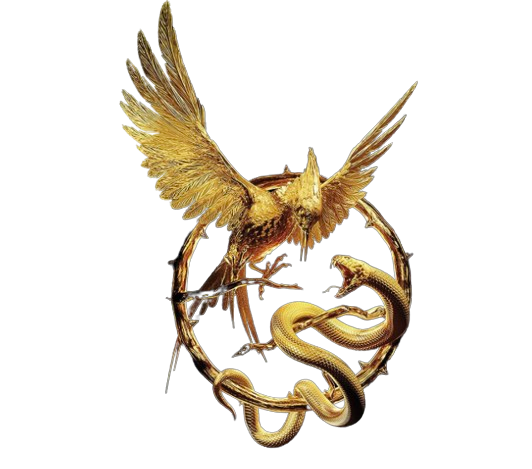The most recent offering from the Harvard Film Archive is the complete works of Russian auteur Andrei Tarkovsky. Most known for his existential sci-fi art house fair Solaris. Many have said that it is about, “the problem of overcoming, of convictions, of moral transformation on the path of struggle within the limits of one’s own destiny.”
As a filmmaker, Tarkovsky is known for his deep focus that immerses the audience in whatever he chooses as his subject. He is no stranger to overcoming censorship either, as he was a big director working in the Soviet Union.
The entry of Tarkovsky that I had the luxury of seeing was his opus of existential dread, Stalker. The film is based on the novel Roadside Picnic by Arkady and Boris Strugatsky.
It occurs after an alien event which has left many landscapes transformed and supposedly with rooms that can grant the subconscious desire of the person who enters said room. The film, which is scripted by the Strugatsky’s, follows this concept and introduces the stalker who is the person who brings outsiders from the brutal wasteland where pollution and decay is feverishly rampant to an area that has turned into something quite mystical.
The area is known as “the Zone” and once the Stalker brings his newest clients, “the Teacher” and “the Writer,” there, the cohesive narrative disintegrates along with the minds and basic functions of the inhabitants.
Perhaps that is one of the film’s stylized strengths is but also one of its biggest flaws. The film’s 163 minute run time consists mostly of long shots of the dystopian wasteland. In the beginning, we are introduced to the dredge of the cautionary world that these characters live in. Once in “the Zone” only then is there color brought into the film.
Many critics over the years have stated that the brilliance of the film is that it predated the horrors to come with Chernobyl.
The touch of Ingmar Bergman’s influence is noticed too, as this film’s war ravaged existentialism is reminiscent of wild strawberries and even the general feel of Italian Neo-Realism. While the length of the film can be tedious, it is part of seeing the the deconstruction of these three men (actors Alexander Kaidanovsky, Anatoly Solonitsyn, and Nikolai Grinko) as well as a great representative of the creative process. The story has many ways to interpret its meaning and whatever that meaning is, it is part of Tarkovskys passion. As the titular Stalker said, “passion is the friction between one’s soul and the outside world.”
The Harvard Film Archive has many great events planned through out this semester. Check out its website for more information at http://hcl.harvard.edu/hfa/hfcsd



